
How to Shower During Your Period – How to Keep Yourself Clean?
Once more, it’s that time of the month. In addition to dealing with the daily grind and grime, we also need to wash our extremely delicate and occasionally messy bodies with extra care and consideration.
Whenever you have a period, stay out of the water completely. The risk of infection during menstruation can be reduced by taking regular showers.
In an effort to get and stay spotless clean, here are some useful suggestions to think about before and after your cycle’s shower.
How to Shower During Your Period?
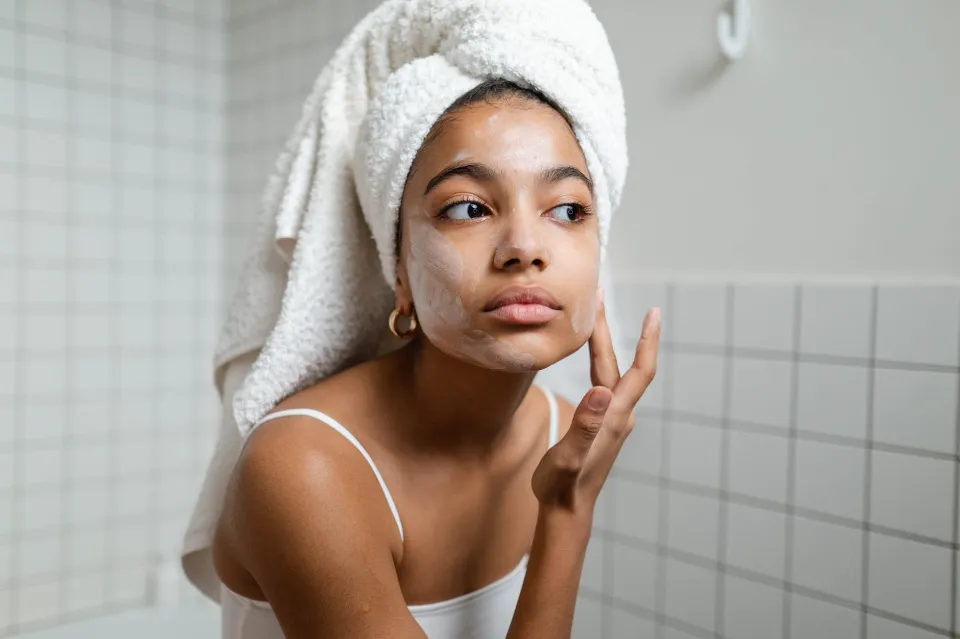
Consider Removing the Current Product You Are Using.
Obviously, if it’s your period pants and a pad or tampon, dispose of them with a solid toilet paper wrap before setting your pants aside to wash. Consider taking your Apele period panties into the shower with you for a quick rinse if any additional bleeding has occurred that they haven’t (thankfully) already absorbed. Also read more to learn if can you shower with a tampon on.
Make sure you have a fresh pair of underwear ready for reintroduction before entering the shower, either attached with a pad or prepared with a tampon. When removing a menstrual cup, do so in the shower while the cup is set down on a designated area that is regularly cleaned with disinfectant. You can take out a tampon in the shower or over the toilet, depending on what feels right and comfortable for you. Have a ziplock bag or toilet paper handy to wrap this in to dispose of without any “debris” trailing between you and the garbage. Additionally, keep a paper towel or even a pack of baby wipes close by (we explain why in the steps that follow).
Set a Nice Temperature
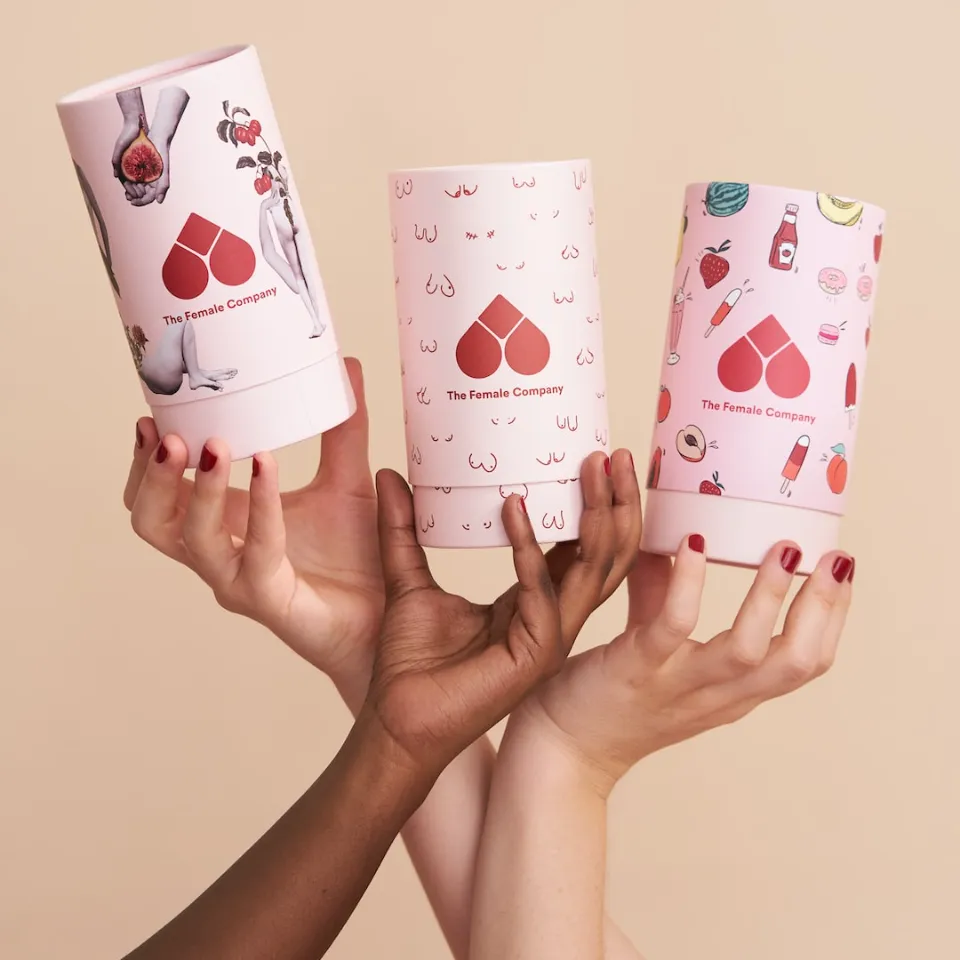
Set a nice temperature that is not too hot but certainly warm enough to allow for the heat and possible steam to assist in easing cramping and clearing away dirt and “fragments of femininity” with little effort or excessive scrubbing. You should get a little spa treatment every day, not just once every 5-7 days.
Rinse Well First
Give your body a gentle rinse afterward to help with the aforementioned issues as well as the fact that the first round of water alone might be able to clear away a lot of debris from your inner thigh and vaginal area. It is normal for the water to give the appearance of more blood than is actually there, so do not be alarmed by this.
Soap and Suds

You should be careful when washing to avoid putting harmful chemicals on this particular area of your body. Finding a period-positive, pH-friendly washing agent might be the best option since maintaining your pH balance is crucial. Otherwise, a light wipe in the region is ideal without allowing soap to contact the vaginal area or inner labia. Consider seeking advice from your OBGYN.
Use a Separate Washcloth
Use a distinct washcloth or loofah sponge for these areas, making sure to mark it clearly so you can wash it after use. Moreover, use caution when interacting with such surfaces on your own delicate surfaces.
Wiping & Drying
Recall those convenient baby wipes you have on the toilet’s seat cover? After getting out of the shower, gently wipe your vaginal area with baby wipes or paper towels to remove any fresh blood before donning your new product and period underwear. After that, drying the rest of your body will be simple and you won’t have to worry about scuffing up your drying towel.
Washing Your Hands
After your hands have dried, think about giving your shower one last rinse and washing your hands once more before starting to put your clothes on. Now that everything is in order, you should be free from any Australian squalor so that you can go to sleep or start your day.
Why Taking a Bath During Your Period Can Be a Good Thing
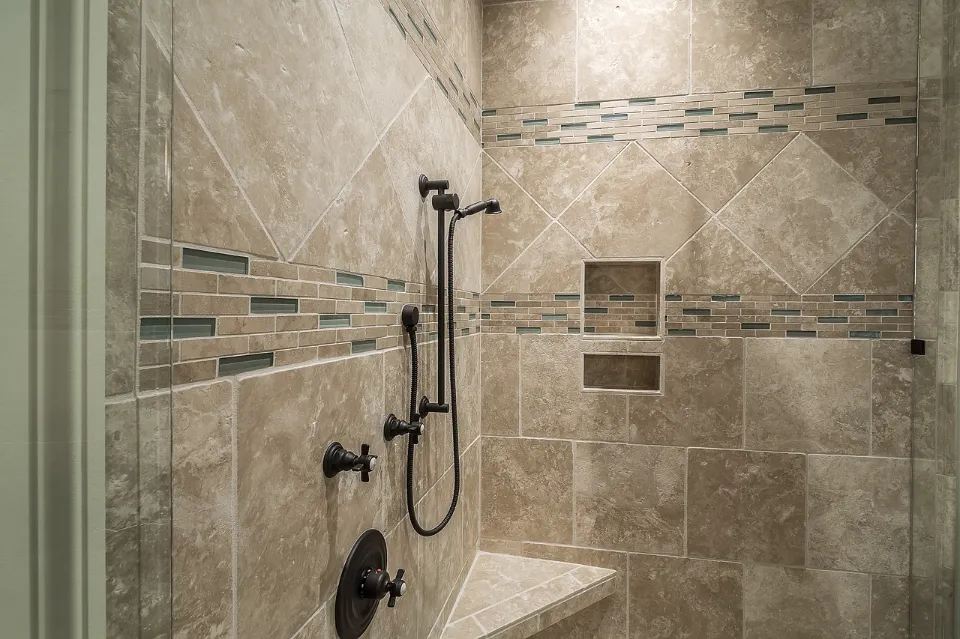
The most significant advantage of bathing while on your period is hygiene.
Despite the innocent-sounding nature of some bathing and period myths, their effects on menstrual hygiene may have negative health effects.
Practicing good hygiene while you’re on your period can help prevent skin irritation and infections, including:
- Vulvovaginal yeast infections
- Bacterial vaginosis (BV)
- Urinary tract infections (UTIs)
It’s also a good strategy for avoiding unpleasant odors there.
Aside from hygiene, taking a bath during your period has additional advantages like relaxation.
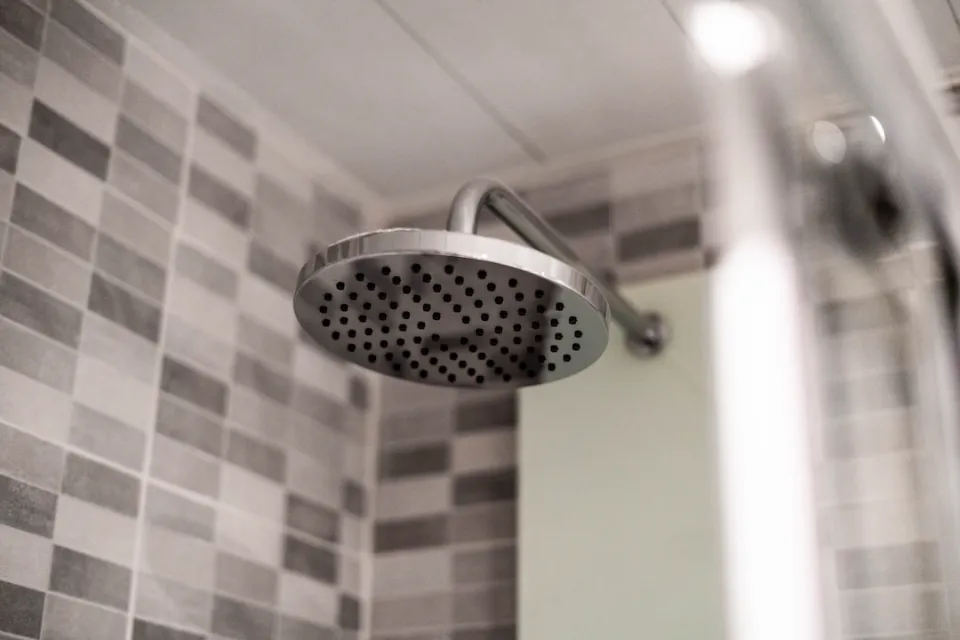
You can find some natural relief from cramps and other period symptoms, such as headaches and low back pain, by unwinding and relaxing tense muscles in a hot bath. You can sleep better by taking a hot bath before bed.
It’s not new to use heat therapy to relieve period pain. Applying local heat canTrusted Source relax your abdominal muscles and reduce tension, which may help with other period pain, like backaches and headaches.
Additionally, heat can improve blood flow to the pelvis. By relieving pressure on the nearby nerves and lowering blood and fluid retention, this may help provide some pain relief.
That increased blood flow might also aid in reversing constipation and gas caused by your period if it affects your poop and makes it difficult to move. Since we’re on the subject of constipation, a warm bath can be beneficial if you suffer from hemorrhoids, which are a frequent consequence of constipation and frequent straining on the toilet.
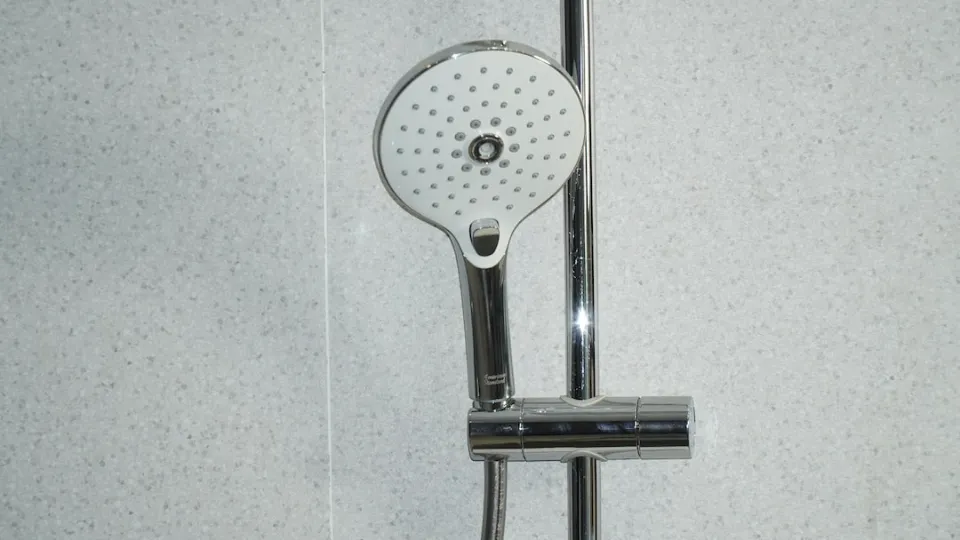
What’s Better: A Bath Or Shower?
The decision of whether to take a shower or a bath largely depends on personal preference. Many people are persuaded that a bath is exactly what you need when you’re on your period because of its advantages, particularly the way it relieves the pain of menstrual cramps. A bath can also help to relieve pain and help you unwind if you’re exhausted and achy.
On a purely hygienic level, however, a shower will always provide better cleaning than a bath. While in a bathtub, you are sitting in somewhat soiled water, the running water quickly washes away dirt, dead skin, and bacteria.) A shower head can also make it simpler to clean the area around your vulva without overly agitating the skin.
You can, of course, have the best of both worlds if you quickly shower or rinse off after a bath, which is our preferred method.
Avoid Harsh Products That Can Have Negative Health Effects
We suggested essential oils for relaxation (lavender or ylang-ylang are excellent choices for non-drug muscle pain relief; you can also try Epsom salts), but these oils also have the advantage of being natural.
Products like bath bombs and bubble baths frequently contain dyes and more potent chemicals that could upset the pH balance of the water and cause irritation of the vulva or vagina. Stick to all-natural products that are less likely to irritate any part of the body if you’re going to be soaking for a long time (whether or not during your period).
Does Taking a Bath Stop Your Period?
Unbelievably, this is a typical menstruation myth. In the bath during your period, being submerged in water does not (completely) stop you from bleeding. Due to water pressure and buoyancy, some people may experience a pause in their menstrual flow when bathing or swimming during this time. By the straightforward application of physics, the pressure of the water can exert an upward force. Due to this, if your flow is heavier, you might notice blood in the bath. Choose to take a bath on days when you’re bleeding less heavily or use a tampon while in the tub to prevent this.
To prevent bacterial growth and infections, you must regularly clean during your period! It’s completely safe to take a bath while on your period, and it can be a great way to ease discomfort and promote relaxation when you most need it. During your cycle, it’s important to pay attention to your body and treat yourself kindly; if you’re feeling a little heavier but still want to take a bath, you have the option to wear a tampon. It’s acceptable if you don’t want to go through the hassle of using a tampon in the bathtub. Dim the lights, light some candles, turn on your favorite playlist, and take it all in!
Conclusion
You must be aware of the truth behind all these ingrained beliefs, from learning whether we can take showers during our periods to understanding the makeup of period flow, I’m sure.
Forget the lies and embrace the truth about your periods because they are made to feel okay by a healthy diet, a deeply relaxing yoga session, and a little self-pampering.
Finally, let’s make a commitment to no longer being careless because every woman in the world deserves to have happier and healthier periods!
FAQs
How Can I Take a Shower on My Period?
A shower is a great alternative if you have heavy periods or would simply prefer to take a bath while on your period. If you’d prefer not to deal with blood in your shower, a tampon, menstrual cup, or disc can keep it out. However, bleeding in the shower is typically not a big deal (NBD), just like peeing in it.
Should You Shower During Periods?
Some people believe that a woman shouldn’t bathe or shower during her period. Some people even contend that she shouldn’t wash your hair. There is no justification for not bathing while you are on your period, which is not true.
Does Period Stop in the Shower?
In water, your period doesn’t slow down or stop; instead, the water’s counterpressure may cause it to not flow outside the vagina.





Average Rating